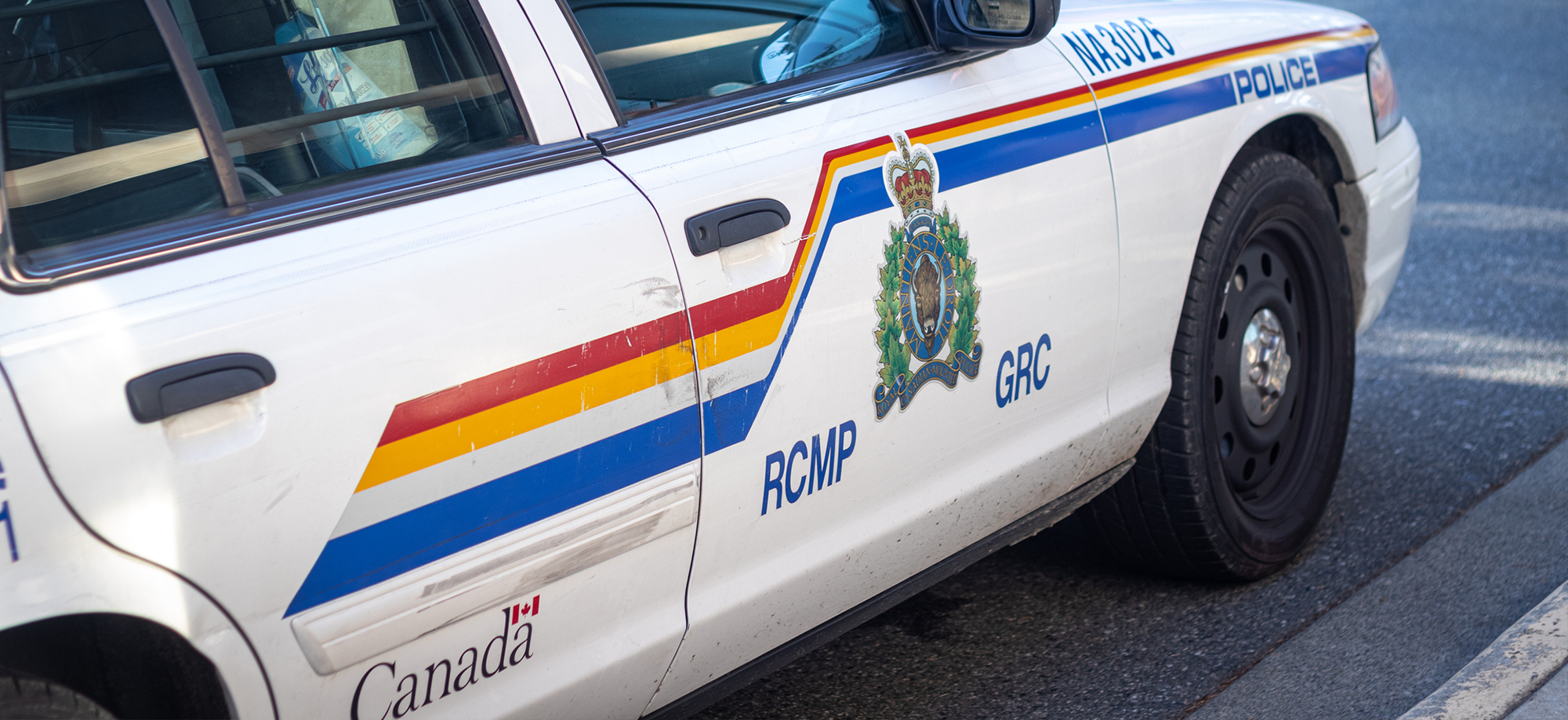Legislative Update
On April 28, 2022, a special legislative committee tasked with assessing BC’s current Police Act and policing in BC generally issued its report Transforming Policing and Community Safety in British Columbia. In preparing the report, the committee considered whether reforms to the Police Act are required for the “modernization and sustainability of policing” in BC. More specifically, the committee examined the scope of systemic racism in policing across the province and considered the role of the police with respect to issues such as mental health, addiction, and harm reduction.
Systemic Racism
One of the committee’s key conclusions is that “[s]ystemic racism, which consists of organizational culture, policies, procedures, and practices that create and maintain the power of certain racial groups over others or reinforce the disadvantage of certain racial groups, exists in policing in British Columbia”. In the report, the committee calls for “a significant shift in police culture” to combat the effects of systemic racism and other significant social issues on policing.
To create a shift in “police culture”, the committee recommends that the province transition from the current Police Act to a new “Community Safety and Policing Act”, which, in their view, would reflect a change in approach to policing towards a goal of community safety with collaboration between the community and the police. The committee recommends there be collaboration with police and Indigenous people for the new legislation. The committee also recommends enhancing and standardizing ongoing police education and training, screening and performance evaluations, data collection and reporting requirements, and diverse recruitment with the goal of shifting police culture across the province.
In the report, the committee also highlights the need for partnership and collaboration with Indigenous leaders and First Nations to address the colonial structure of policing. The committee suggests several possible approaches, including increasing representation of Indigenous peoples in police services, encouraging long-term and well-matched officer placements in Indigenous communities, as well as creating more Indigenous-administered police services that may also police neighbouring jurisdictions. The committee recommends as a next step that the government meet with Indigenous communities and First Nations to discuss best practices for Indigenous policing. The committee recommends that Indigenous communities be given a direct input into policing structures and reforms in BC.
Redistributing Police Responsibilities and Tiered Policing
Related to the goal of shifting police culture and prioritizing community safety, is the committee’s call for the redistribution of police roles and responsibilities in BC. The police are currently tasked with responding to situations that they may be over-trained or under-trained to respond to because they are the only service available 24 hours a day, 365 days a year, with adequate statutory authority to intervene. A large percentage of situations police are called to respond to are based in mental health and addiction issues, for which the police lack adequate training. The lack of adequate training creates issues in marginalized communities, where organizations and individuals reported to the committee that they fear or mistrust the police because of a disproportionately high rate of use of force by police.
The committee’s most notable recommendation in this regard is for the adoption of a tiered policing model with different categories of policing and public safety personnel, each with clearly defined roles. Under this model, peace officers or community safety officers would be able to perform duties that do not require the level and type of training provided to police officers. In the committee’s view, calls such as those relating to mental health and addiction could be answered by health care professionals, which would free up police resources to be used for incidents that require the specialized training of police officers. To that end, the committee recommends increasing the coordination and integration of police, health, mental health, and social services, as well as integrating mental health services within 911 call operations.
Consistency in Policing and a New Provincial Police Service
Another recurring theme identified by the committee in its report, is the lack of consistency in policing and public safety services across the province. There are numerous police organizations that govern different geographic regions and aspects of policing, which in the committee’s view causes inefficiency, duplication, confusion, conflicts of interest, and gaps in service. To rectify these issues, the committee recommends the province transition to a new provincial police service that would take over services currently contracted to the RCMP. The committee recommends that all communities have police boards or committees with local input and diverse representation, and that municipal councils be represented by someone other than the mayor. In the committee’s view, the mayor of a municipality should not be the chair of the municipality’s police board.
Changes to Police Oversight
A final key issue addressed by the committee, and one that is identified as a priority for legislative reform, is the framework for police oversight and accountability in BC. Various organizations and communities the committee met with referred to a lack of accountability, trust, and independence in the system, such that individuals, particularly marginalized individuals, often did not bother filing a complaint under the current oversight regime. In addition to the lack of trust, frivolous complaints often expend undue amounts of resources and clog up the current system.
In response to these concerns, the committee recommends creating a single, independent, civilian-led oversight agency that will oversee all police and public safety personnel in the province. This agency would receive all complaints and have the authority to triage complaints and defer less serious ones to police boards or other systems. The committee recommends the agency establish a duty for all police and public safety personnel to cooperate with investigations and to report misconduct, with associated protections for reporting. In the report, the committee emphasizes the need to ensure the oversight agency reflects the diverse population and cultures in BC. The committee also recommends revising the definition of misconduct to include behaviour such as demeaning and discriminatory conduct and language. Notably, the committee found there is an “urgent need to address the fragmentation of the current oversight system” and recommends the legislature prioritize creating standalone legislation to form a new police oversight process.
Conclusion
The committee’s recommendations are wide-sweeping in terms of their potential effect on the delivery of police services in BC. Notably, the committee’s report identifies significant issues with the existing policing model and the police oversight regime under the current Police Act, both from the perspective of the public and the perspective of police. The committee’s focus on issues relating to systemic racism, mental health and addictions, and effective and accessible police oversight across the province will undoubtedly lead to changes for police services in BC; however, it is unknown at this time, which if any of the recommendations will be implemented by legislature.




